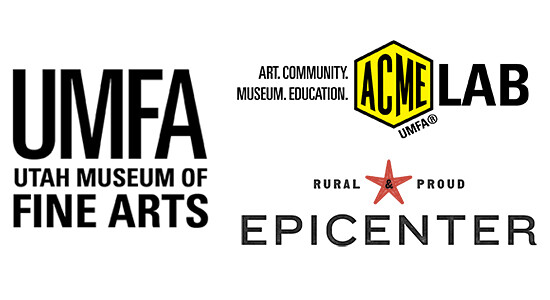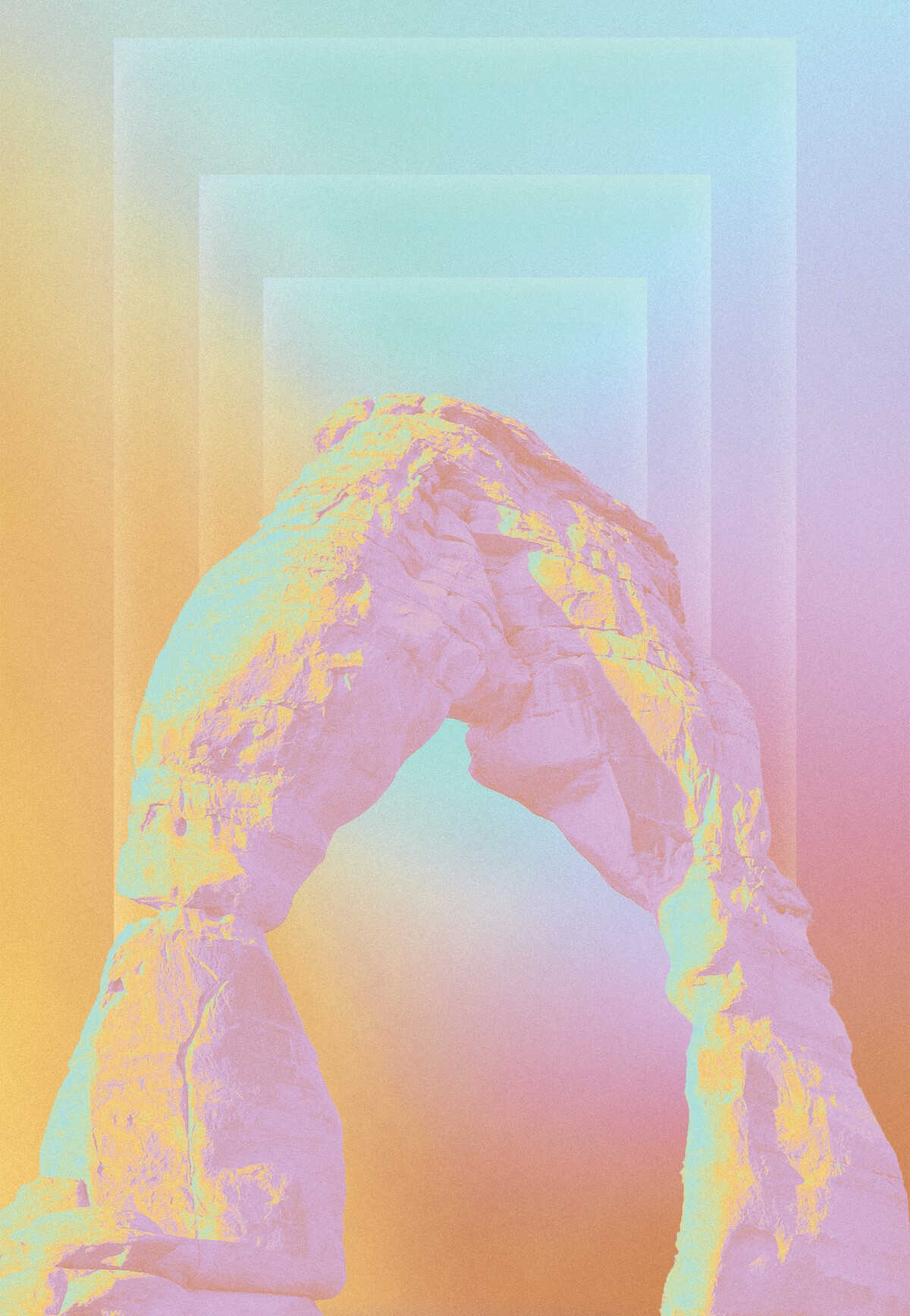Our Futures
March 2–July 1, 2018
Marcia and John Price Museum Building
410 Campus Center Drive
Salt Lake City, Utah 84112-0350
United States
Hours: Tuesday–Saturday 10am–5pm,
Wednesday 10am–9pm
T +1 801 581 7328
F +1 801 585 5198
The Utah Museum of Fine Arts’ second exhibition in its new ACME Lab explores the ways in which a single town might change over time and how those changes shape the lives of those who live there. Our Futures, created by Epicenter, a nonprofit community design center based in Green River, Utah, invites visitors to “time travel” to the year 2039 and experience four potential futures for the residents of this town of 961 people. In doing so, visitors are also asked to consider the role they each play in shaping their own community’s future.
When visitors step into the ACME Lab to experience Our Futures, they’ll be tasked with voting for one of four possibilities for Green River: for the town to disincorporate, become a tourism town, recruit a recycling industry, or recruit a MarsNow space exploration facility. After visitors cast their votes—and wear a pin to show that they participated—they’ll step through a “time tunnel” to glimpse the outcome of each potential future. Every possibility brings both advantages and disadvantages to the community. Moreover, these fun, fictional futures affect individual lives in ways that are sometimes positive, sometimes negative, and often complicated. It’s through the diaries of two teens, Mia and Cera, that these outcomes are more fully understood.
Best friends who’ve kept journals through their high school years, Mia and Cera become tour guides through these speculative futures. Pages from their diaries illuminate how the Green River tourism industry—with its Melon Queen Pageant and Hollywood talent scouts—creates a dream-come-true scenario for one friend but not the other. The same holds true for a future in which a cutting-edge recycling industry appeals less to travelers and adventure-seekers but signals new jobs to out-of-town families who hope to relocate to Green River. Whether the future looks more like a ghost town, a space town, a melon town, or a recycling town, it’s through the lens of Mia and Cera’s friendship that visitors glimpse the consequences of their individual votes.
While diary excerpts help tell the story of four futures, the objects on display bring this speculation to life. Visitors can try on clothing that Mia and Cera might have worn, take a selfie at a designated photo-op stop, appreciate the beauty of Mia’s handmade jewelry, see what becomes of “old” recycled technology, and learn what a “space valentine” is. There are also stations for smelling and hearing the future. At the end, each visitor will be asked to reflect on and respond to these worlds: What might the future look like in my own town? How can I help create the future I’d most like to see? Interconnected K–12 programming will invite students to join each other in this conversation between rural and urban communities.
With its motto “Rural and Proud,” Epicenter is the brainchild of Auburn University architecture graduates engaged in design-based practices to support the residents, businesses, and artists within Green River. While Epicenter’s focus is local, the organization’s accolades are national—including four grants from the National Endowment for the Arts. Epicenter is nationally respected for the creation of affordable housing, a downtown revitalization plan, an artist residency, and a wide array of cultural events.
Epicenter’s Our Futures is curated by Ashley Farmer, UMFA docent and volunteer programs coordinator, in collaboration with Jorge Rojas, director of education and engagement, and Emily Izzo, ACME coordinator. ACME (Art. Community. Museum. Education.) is an outreach initiative dedicated to rethinking the public role of museums. ACME Lab is a new space dedicated to community engagement and art experimentation in the Museum’s Emma Eccles Jones Education Center. This exhibition and ACME Lab is made possible, in part, by a generous gift from The JoAnne L. Shrontz Family Foundation.


